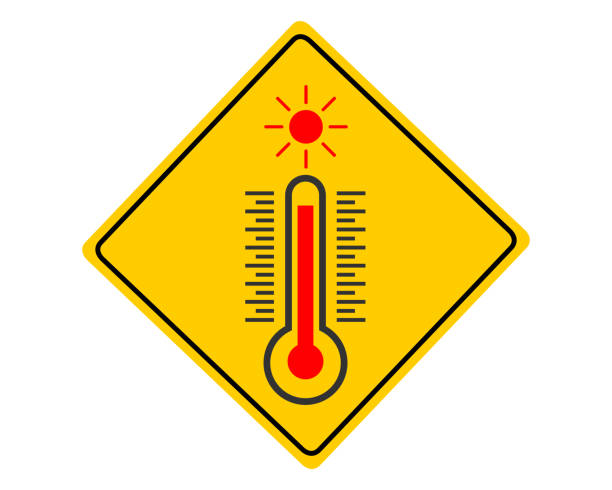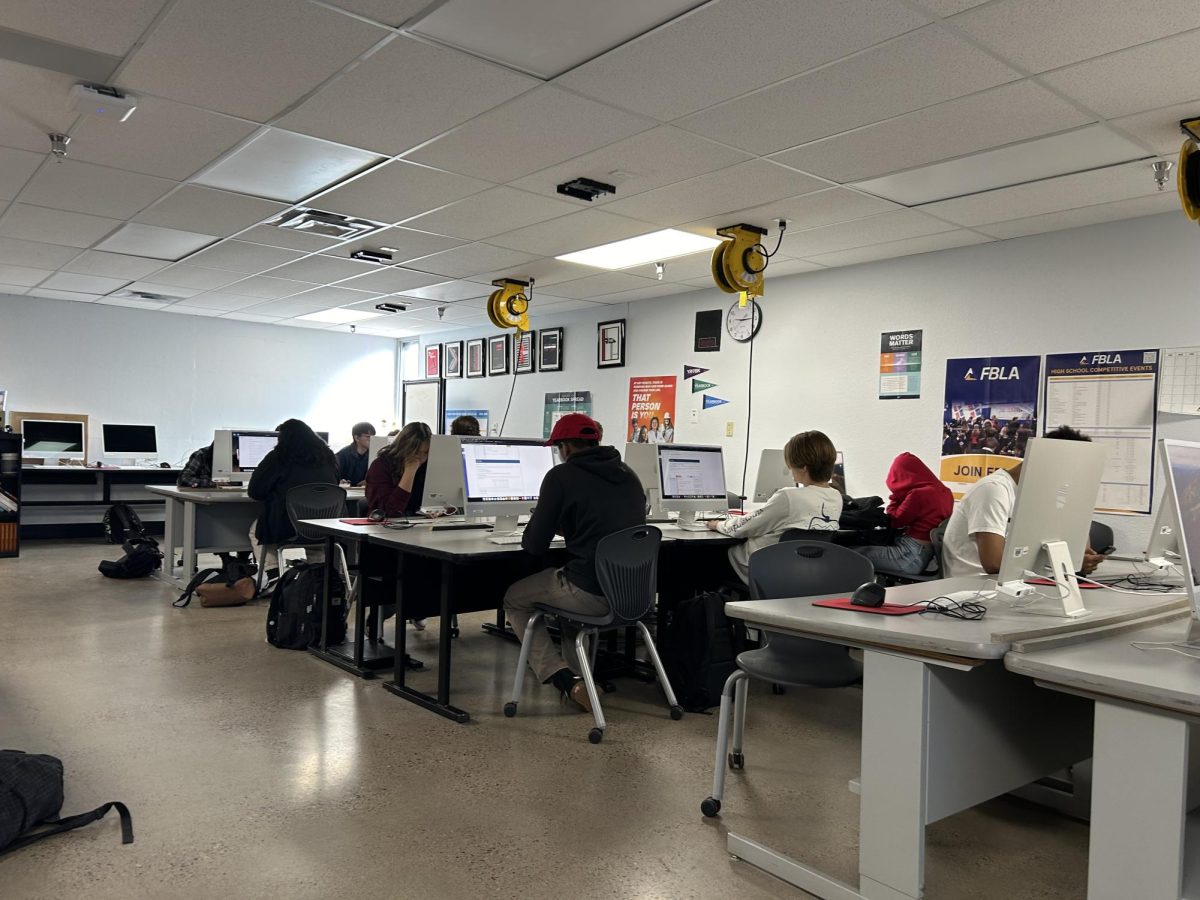The consequences of Arizona’s rising heat go beyond just being uncomfortable. This study explores the interrelated health hazards, environmental effects, economic ramifications, and social issues brought about by the region’s rising temperatures. Furthermore, it provides an extensive range of mitigating techniques to successfully traverse these obstacles.
The danger of heat-related disorders such heat exhaustion, heatstroke, and dehydration increases dramatically with rising temperatures. Particularly at risk are vulnerable groups, such as the elderly, kids, and those with underlying medical concerns. The intense heat makes it even more important for people to be aware of the warning signals of heat-related diseases and to adopt the appropriate protective measures.
Elevated temperatures intensify drought conditions, leading to water shortages and ecological deterioration. Natural environments, agriculture, and animals are all negatively impacted by heat stress. It is critical to address environmental issues in order to maintain ecosystems and protect biodiversity as temperatures rise.
A number of economic sectors are impacted by heatwaves, including tourism, agriculture, and outdoor leisure. Rising energy costs due to the increased demand for cooling put a strain on the electrical grid and raise homeowner utility bills. Proactive steps are required to reduce losses and promote economic resilience as a result of these economic consequences.
Social injustices are made worse by rising temperatures, which especially impact underprivileged groups who have less access to cooling supplies. Heat-related diseases disproportionately affect these areas, exacerbating already-existing inequities. It need teamwork to address socio economic issues in order to provide fair access to cooling resources and support networks.
- Pay attention to local authorities’ heat advisories and keep an eye on weather forecasts.
- Learn to recognize the symptoms of heat-related diseases and take the necessary safety measures.
- To avoid dehydration, especially when engaging in outdoor activities, drink enough water.
- Steer clear of excessive alcohol and caffeine intake since these substances might cause dehydration.
- When it’s hot outside, try to avoid doing anything outside during those hours.
- To prevent sunburn, dress in airy, light-colored clothes and use sunscreen.
- To avoid the heat, make use of air-conditioned areas, public pools, and cooling facilities.
- During heatwaves, check in on anyone who may be at risk, such as friends, family members, and neighbors.
Arizona’s rising temperatures provide a variety of problems, from social injustice and economic losses to health hazards and environmental damage. However, we may overcome these obstacles and strengthen our resistance to the effects of excessive heat by working together in the community. In the face of rising temperatures, we can save the environment, prevent economic losses, promote social fairness, and protect our health by being aware, staying hydrated, seeking shade, and making use of available cooling options.














